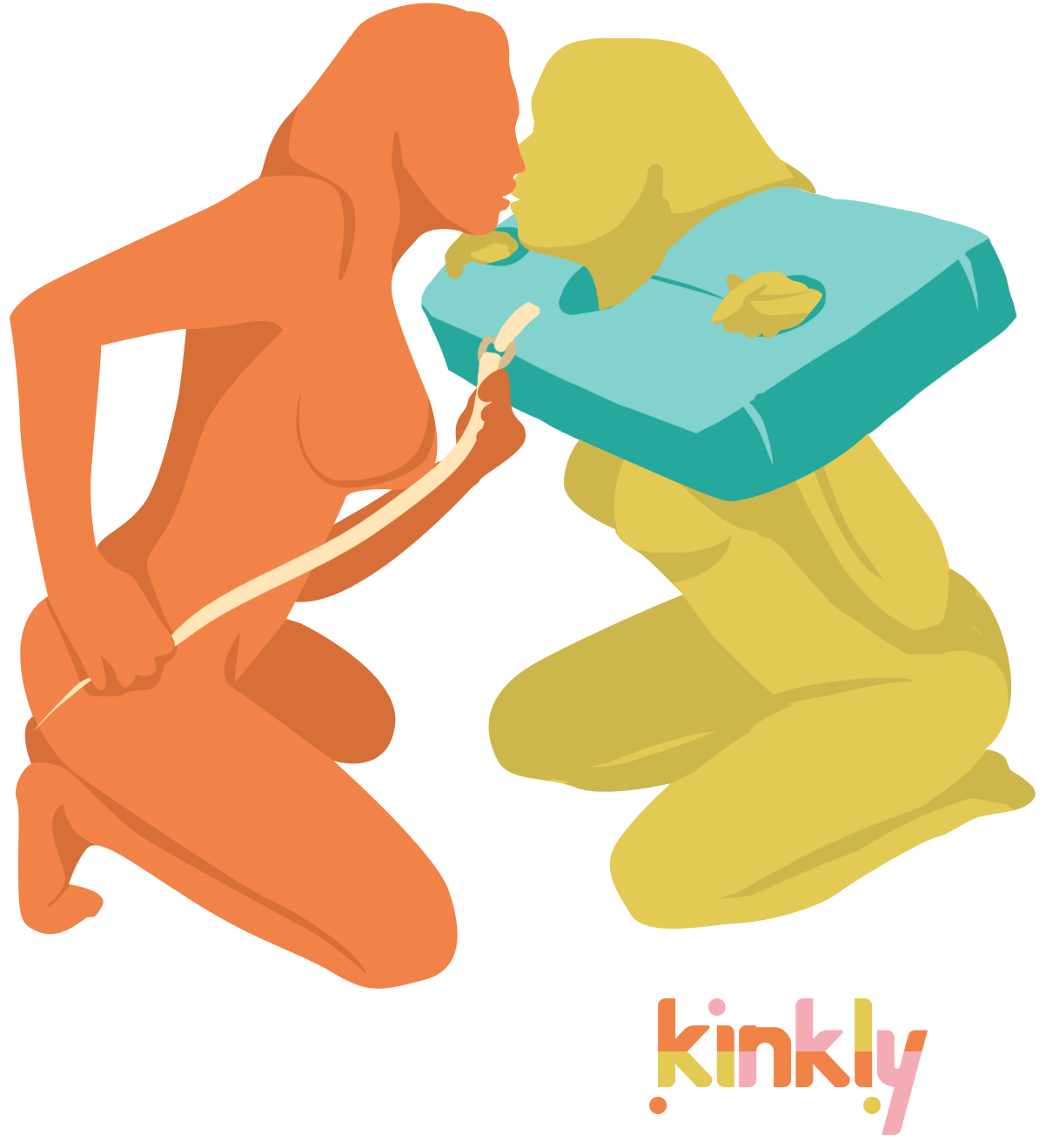I learned a fabulous factoid during a routine appointment at Planned Parenthood a few months back. The vaccine that protects against human papillomavirus (HPV) is now available for men and women 45 and under. Until October of 2018, the age of eligibility had cut off at 26.
This news ain’t exactly new anymore, but many adults who would benefit from the change are still unaware of the update. Even some healthcare providers seem to be running on old information. I had a gynaecologist at another hospital turn me down for the vaccine (also known as Gardasil 9) in January of 2019. She’d insisted I was too old to qualify at the age of 34.
I didn’t visit Planned Parenthood for the purpose of getting the vaccine. The doctor there went out of her way to let me know I had become eligible. “Most of the info you’ll find online about Gardasil is outdated at this point,” she told me. Even the clinic’s sex-ed flyer providing basic stats on HPV still listed the age cutoff as 26.
So I’m here to shout this non-new news from Kinkly’s rooftops like the town crier:
PEOPLE OF ALL GENDERS WHO ARE 45 OR UNDER ARE ELIGIBLE TO BEGIN AND COMPLETE THE HPV-VACCINE SERIES.
If your doctor says otherwise, ask them to double-check. If they refuse or insist the age cutoff is still 26, find another doctor who knows what’s up. This quick and easy step could save your life and those of the awesome people you sleep with.
Not up to speed about HPV or why you should get vaccinated? Here are answers to some basic FAQs.
What is HPV?
Human papillomavirus, commonly known as HPV, is the world’s most common sexually transmitted infection and is spread via skin-to-skin contact. The virus is usually harmless and goes away by itself, which is why most carriers are unaware they have it. However, certain types of the virus, if left untreated, can lead to cancer or genital warts. The Gardasil vaccine successfully protects against nine of those HPV types.
There’s no cure for HPV. However, there are options to help treat the problems caused by the virus.
Read: 7 Not-So-Deadly Myths About STIs
Is HPV a Big Deal?
When you’re in your thirties like me, people who haven’t been vaccinated talk about HPV like it’s a necessary evil. “Well… (*shrug*) everyone has it.”
And if you don’t have it already, you’re likely to get it if you want to keep having sex, according to the CDC:
“Nearly all sexually active people, who do not get the HPV vaccine, get infected with HPV at some point in their lives.”
HPV is pervasive, but that doesn’t mean we can be blasé about its possible effects or skip steps to prevent its spread. As a proud patriot of the sexual realm, it’s in your best interest to seek protection if you haven’t already, especially considering the fact that condoms aren’t a surefire method for avoiding the virus.
Why Was the age Cutoff for the HPV Vaccine Previously 26?
The HPV vaccine is most effective if you get it before ever becoming sexually active in the first place, which is why the CDC recommends that kids get vaccinated around the age of ten. As most adults are already exposed to HPV by the age of 26, it was thought that getting vaccinated after that point would be useless. The cutoff was also partly due to the ages of participants included in studies used for Gardasil 9’s original approval in 2014.
However, the FDA now believes that adults 45 and under are unlikely to have been exposed to all nine strains of HPV covered by the vaccine, meaning they still have a chance to benefit by avoiding certain types of cancers and genital warts.
Read: STI Testing Stories (and Why At-Home Testing Is a Great Idea)
I’ve Heard Men CAN'T Get HPV. Is This true?
No. In fact, a 2017 study showed that around half of adult men in the U.S. were carrying the virus. Men can and do suffer from HPV-related cancers and genital warts.
The difference is that, unlike women, men aren’t routinely tested for HPV through pap smears. However, some healthcare providers do offer anal pap tests to men, who may be at increased risk for anal cancer, including men with HIV or men who receive anal sex.
People of all genders are eligible for the HPV vaccine and can benefit from its effects throughout the course of their lives.
Is the Vaccine Still Effective if I Previously Tested Positive for HPV?
Possibly. The vaccine protects against nine types of HPV that may eventually lead cause certain kinds of cancer or genital warts. It will protect you against any of those nine types that you haven’t already been exposed to.
If I Started the Gardasil Series and Didn’t Finish it, do I Have to Start Over Again?
Nope! You can pick up where you left off with the second or third shot.
How Much Does the HPV Vaccine Cost?
Gardasil 9 can cost around $250 without insurance. Luckily, many insurance providers do cover the vaccine. With Medical, I paid ZERO DOLLARS during my visit to Planned Parenthood. What a steal!
So if you’re 45 and under and haven’t been vaccinated against HPV, find thee a healthcare provider who knows what’s up and ask. Don’t be shy!

Molly Lazarus is a kink and sexuality writer based in the Bay Area. She dreams of a world where consent-loving hedonists can explore the depths of their depravity without fear of persecution or sexual abuse.
















